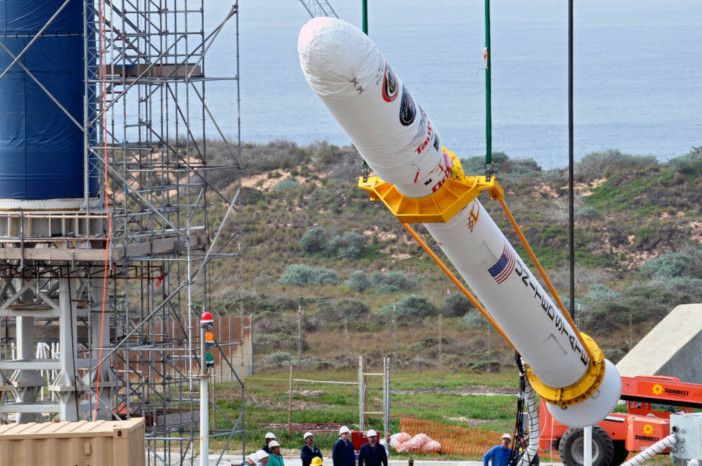An investigation by NASA has determined the cause of two launch failures that occurred ten years ago.
The Taurus XL launch failures of NASA’s Orbiting Carbon Observatory (OCO) and Glory missions in 2009 and 2011 were caused by faulty materials provided by aluminum manufacturer, Sapa Profiles (SPI), investigators from NASA’s Launch Services Program (LSP) have found.
The investigation uncovered a 19-year scheme that included the falsification of thousands of certifications for aluminum extrusions to hundreds of customers. It has resulted in the resolution of criminal charges and alleged civil claims against SPI, which has agreed to to pay US$46 million to the US Government and other commercial customers.
As described in NASA’s updated public summary, SPI altered test results and provided false certifications to Orbital Sciences Corporation, the manufacturer of the Taurus XL, regarding the aluminum extrusions used in the payload fairing rail frangible joint. The summary concludes that the launch vehicle fairing — a clamshell structure that encapsulates the satellite as it travels through the atmosphere — failed to separate on command,
Jim Norman, NASA’s director for launch services said, “NASA relies on the integrity of our industry throughout the supply chain. While we do perform our own testing, NASA is not able to retest every single component. That is why we require and pay for certain components to be tested and certified by the supplier.
“When testing results are altered and certifications are provided falsely, missions fail. In our case, the Taurus XLs that failed for the OCO and Glory missions resulted in the loss of more than US$700 million, and years of people’s scientific work.
“It is critical that we are able to trust our industry to produce, test and certify materials in accordance with the standards we require. In this case, our trust was severely violated.”
NASA has suspended SPI from government contracting and proposed SPI for government-wide debarment. The exclusion from government contracting has been in effect since Sept. 30, 2015.





